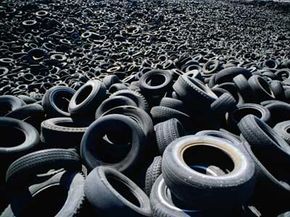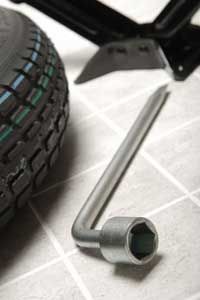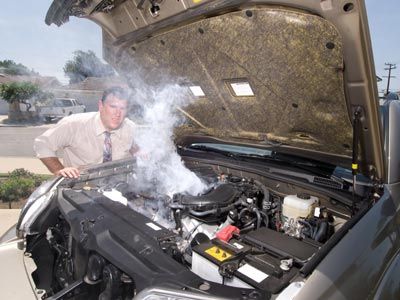In case you hadn't noticed, tires and wheels are vital components of any trailer. Without them, you're not even towing -- you're just dragging stuff behind your truck. The concept of the wheel is as straightforward as they come, but that doesn't mean all tires are created equal. Trailer and automotive tires aren't interchangeable. They're designed to meet different needs and require a whole set of separate considerations.
Automotive tires go on steering axles and drive axles. As such, they're made to bear the load and provide the traction that motorized rotation and steering require. Trailers, by their very nature, don't have powered wheels, and most don't have steering or brakes. Trailer wheels, which mount on trailer axles, simply have to bear the load of the trailer and its intended cargo.
Advertisement
Properly inflated vehicle tires operate at relatively low pressures, generally around 32 pounds per square inch, so as to cushion the passengers while also supporting the weight of the vehicle. Granted, you can follow Hunter S. Thompson's example from "Fear and Loathing in Las Vegas" and inflate them to around 90 psi, but you'll feel every pebble in the road and risk tire failure.
Trailer tires, however, frequently call for even higher air pressure than automotive tires do. Fill them to a mere 32 psi, and the tires walls will flex too much and overheat. While automotive tires have flexible sidewalls, trailer tires have stiffer sidewalls to accommodate higher air pressure. Trailer suspension systems also are generally stiffer than vehicle suspensions and inflict more abuse on tires.
In this article, we'll discuss what factors to take into account when choosing trailer tires and how to install them.
Advertisement





